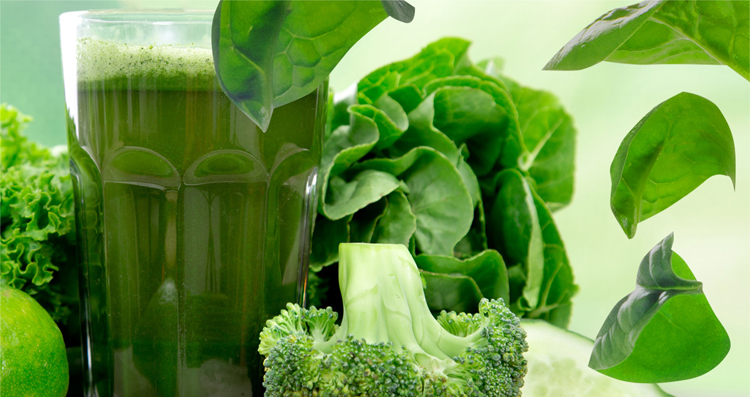 Your mom always told you to “eat your vegetables!” Did you know this simple advice stems from important molecular mechanisms that link your genes, nutrition and health? Green leafy vegetables are one of the richest sources of folate, an essential vitamin that you must get from your diet to stay healthy.
Your mom always told you to “eat your vegetables!” Did you know this simple advice stems from important molecular mechanisms that link your genes, nutrition and health? Green leafy vegetables are one of the richest sources of folate, an essential vitamin that you must get from your diet to stay healthy.
Common symptoms of folate deficiency include:
• Fatigue
• Grey hair
• Canker sores
• Red, swollen tongue
• Anemia
Folate deficiency is a bigger deal than you might think. Folate helps your body convert harmful homocysteine, an inflammatory amino acid, to an essential amino acid, methionine. If you don’t get enough folate, homocysteine levels can build up, damaging your blood vessels and increasing risk of heart disease. Folate is also critical for DNA and RNA synthesis, neural development and cell differentiation. If a woman does not get enough folate while pregnant, her baby has a higher risk of being born with neural tube defects, cleft lip or cleft palate.
The recommended daily allowance (RDA) of folate for the general population is 400 DFE per day. Needs can be met with natural sources of folate, or fortified foods, which provide folic acid. Some of the best sources are:
• Fortified cereals (600-800 DFE per cup)
• Liver (turkey – 587 DFE per 3 oz)
• Lentils (179 DFE per ½ cup)
• Turnip greens (107 DFE per cup)
• Brussels sprouts (94 DFE per cup)
• Broccoli (57 DFE per cup)
• Avocado (53 DFE per ½ fruit)
• Blackberries (36 DFE per ½ cup)
Keep in mind that, as with most water-soluble vitamins, 15-40% of folate can be lost through cooking. You must account for these losses when tracking your dietary intake. You can use HealthWatch 360 to analyze the nutrition in your recipes. The recipe maker includes cooking methods so you can get a more accurate measurement of the true nutrition your recipes provide.
It is also important to note that, if you have MTHFR risk variants, you must get enough riboflavin, vitamin B6 and vitamin B12, which are all important for folate metabolism. Log in to the HealthWatch 360 online tool or mobile app to analyze how much folate and other B vitamins are in your diet and find out what food choices can help you improve.
